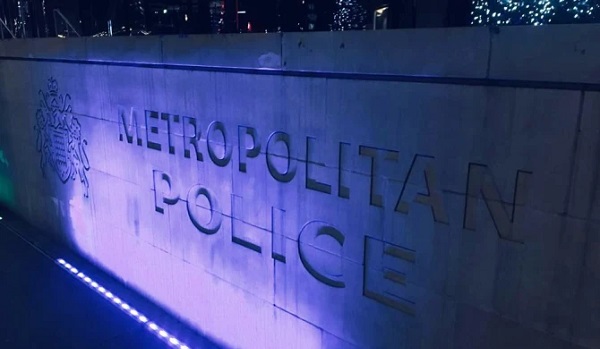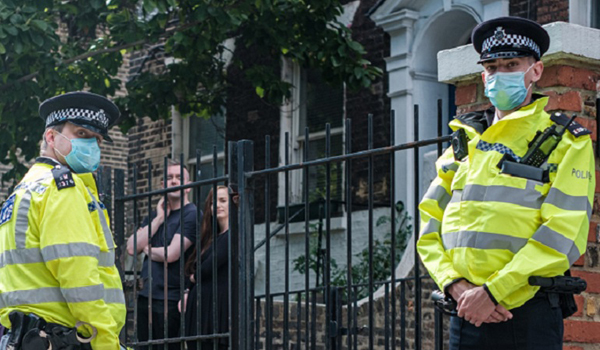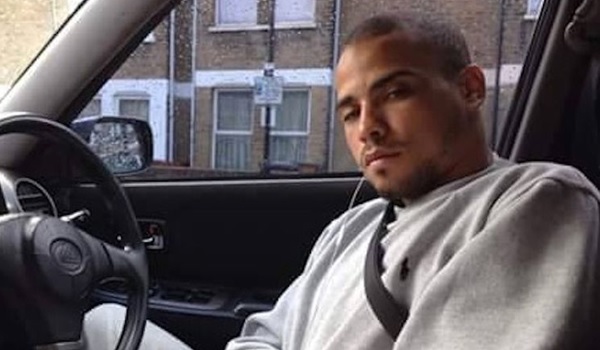Police reluctant to pursue evidence-led domestic abuse cases, report finds
Police are sometimes too eager to drop domestic abuse investigations when victims become reluctant to pursue complaints against often violent partners, according to a new report.
And even when there was sufficient evidence to pursue a case from alternative sources, such as cameras or witnesses, investigations were commonly discontinued due to “a lack of police resources”.
The joint report by Her Majesty’s Crown Prosecution Service Inspectorate (HMCPSI) and Her Majesty’s Inspectorate of Constabulary and Fire and Rescue Services (HMICFRS) – Evidence-led Domestic Abuse Prosecutions – particularly highlights the use of ‘outcome 16’ in police inquiries, where no further action was taken because of evidential difficulties when the suspect has been identified but the victim does not support or withdraws support for further action.
In 15 of the 78 domestic abuse cases examined by inspectors, they found “investigators had missed the opportunity to explore reasonable lines of inquiry before the investigation was concluded”.
The report said. “Inspectors were concerned to note that in many of these police finalised cases there was no record of quality assurance of the decision to take no further action.”
It added that in many of those cases “there were undue delays in gathering evidence… [and] police supervisors attributed the delay to a lack of police resource available to follow up reports of incidents”.
In one case highlighted by the report, there was evidence from a recorded 999 call and footage from a body-worn video camera, but neither were submitted to the Crown Prosecution Service (CPS) until the day before the trial. “By that time,” the report says, “the victim had retracted and the opportunity to pursue an evidence-led prosecution had been lost.”
The report suggests that, from the outset of a case, police officers and prosecutors should give consideration on how to proceed if the victim decides to withdraw support.
“That would then lead to a more detailed investigation at the scene, such as evidence from neighbours, forensic and photographic evidence. When prosecutors consider the evidence (either at charge or review stage) they should be raising this with officers,” it said.
The report acknowledged the scale of the challenge: “The domestic abuse caseload for both the CPS and the police has increased by 88 per cent against the backdrop of a 25 per cent reduction in police and CPS funding. This means both investigators and prosecutors are stretched, which results in difficult decisions about priorities.
“The fact that there are no effective systems to identify evidence-led [as opposed to victim-led] prosecutions, results in a missed opportunity for both the police and CPS to learn lessons and drive improvement in evidence-led cases.”
In a joint statement, HMICFRS Inspector Wendy Williams and HMCPSI Chief Inspector Kevin McGinty said: “Domestic abuse can have a devastating impact on victims’ lives, and it is important that the police and CPS are proactive in their approach to dealing with this type of offending.
“Both the police service and CPS are moving in the right direction, but much more can be done to ensure an evidence-led approach is considered a focus and priority, and it should be considered for all cases at an early stage. Officers should prioritise effective evidence gathering, and prosecutors should highlight it, by working on the assumption that the victim may withdraw support in order for the prospects of success to improve.
“The foundations of many of our recommendations are already in place and both the CPS and police service show a clear commitment to achieving a successful outcome in domestic abuse cases. However, for that commitment to be effective all need to do more. A clear strategy is required from the outset to lead an effective evidence-led approach at prosecution.”







